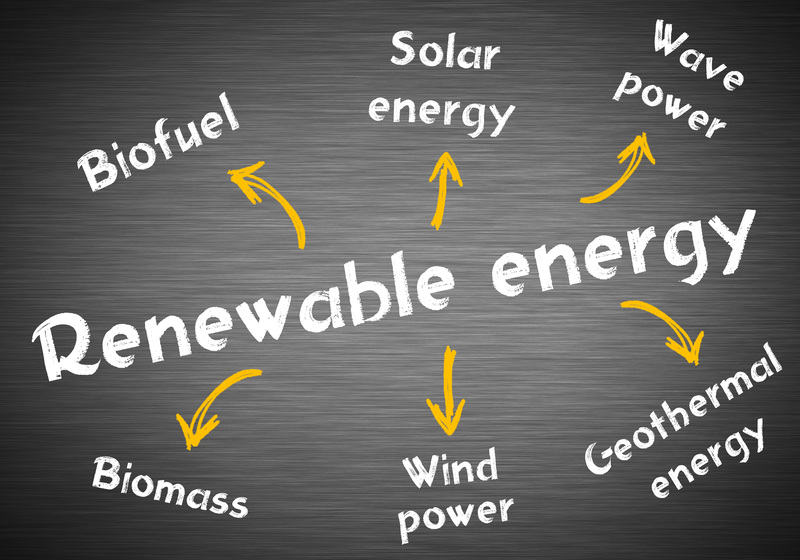Posted on 15/09/2025
Practicing Environmental Responsibility
Understanding Environmental Responsibility
Environmental responsibility refers to the duty that individuals, businesses, and societies have to mitigate their negative impact on the environment and contribute positively to the health of our planet. This concept covers a wide range of practices, from reducing carbon footprints to conserving natural resources and promoting sustainable living.

The Importance of Environmental Responsibility
As climate change and environmental degradation continue to pose serious threats to our world, practicing environmental responsibility is more important than ever. The consequences of neglecting our planet can result in severe weather events, loss of biodiversity, and health issues, which collectively impact economies and communities globally.
Ways to Practice Environmental Responsibility
Here are several ways individuals and organizations can contribute to environmental sustainability:
1. Reducing Carbon Footprint
One of the most significant ways to practice environmental responsibility is by reducing your carbon footprint. This can be achieved by:
- Using energy-efficient appliances
- Commuting by public transport, biking, or walking
- Supporting renewable energy sources like solar and wind power
2. Waste Management
Proper waste management is crucial for reducing pollution and conserving resources. Behaviors that support this goal include:
- Recycling and composting
- Reducing single-use plastics
- Reusing materials whenever possible
3. Water Conservation
Freshwater is a finite resource, making conservation efforts essential. Tips for saving water include:
- Fixing leaks promptly
- Installing water-efficient fixtures
- Using rain barrels to collect rainwater for gardening
4. Supporting Wildlife and Biodiversity
Supporting biodiversity involves protecting natural habitats and promoting the well-being of various species. This can be achieved by:
- Planting native species in gardens
- Participating in or donating to conservation projects
- Avoiding products that harm wildlife habitats
5. Sustainable Consumption
Adopting sustainable consumption habits can significantly reduce environmental impact:
- Choosing products with minimal packaging
- Supporting local and organic agriculture
- Opting for eco-friendly products
Pros and Cons of Practicing Environmental Responsibility
Pros
- Improves air and water quality
- Preserves natural resources for future generations
- Boosts public health
- Reduces economic costs associated with environmental degradation
- Enhances biodiversity and natural habitats
Cons
- Initial costs can be high
- Requires significant behavior change
- May face resistance from industries and individuals
- Can be challenging to measure immediate benefits
Practical Tips for Everyday Environmental Responsibility
- Turn off lights and electronics when not in use
- Avoid excessive water use
- Choose public transportation whenever possible
- Engage in community clean-up activities
- Educate others about the importance of sustainability

Takeaways
Practicing environmental responsibility is a collective effort that requires commitment from individuals, businesses, and policymakers. The benefits outweigh the initial challenges, ensuring a healthier planet for future generations. Implementing small changes in daily life can lead to significant positive environmental impacts.
Conclusion
Practicing environmental responsibility is a crucial step toward creating a sustainable future. By adopting eco-friendly habits, supporting conservation efforts, and promoting sustainable development, every individual can contribute to a healthier planet. While there are challenges to overcome, the long-term benefits for our environment, health, and economy make it a worthwhile endeavor. Start making conscious choices today and inspire others to do the same. Together, we can make a significant difference.
Latest Posts
Tips for Proper Disposal of Regular Waste
Garbage Cleanup Bags - Efficient Skip Substitute

































 Get a Quote
Get a Quote